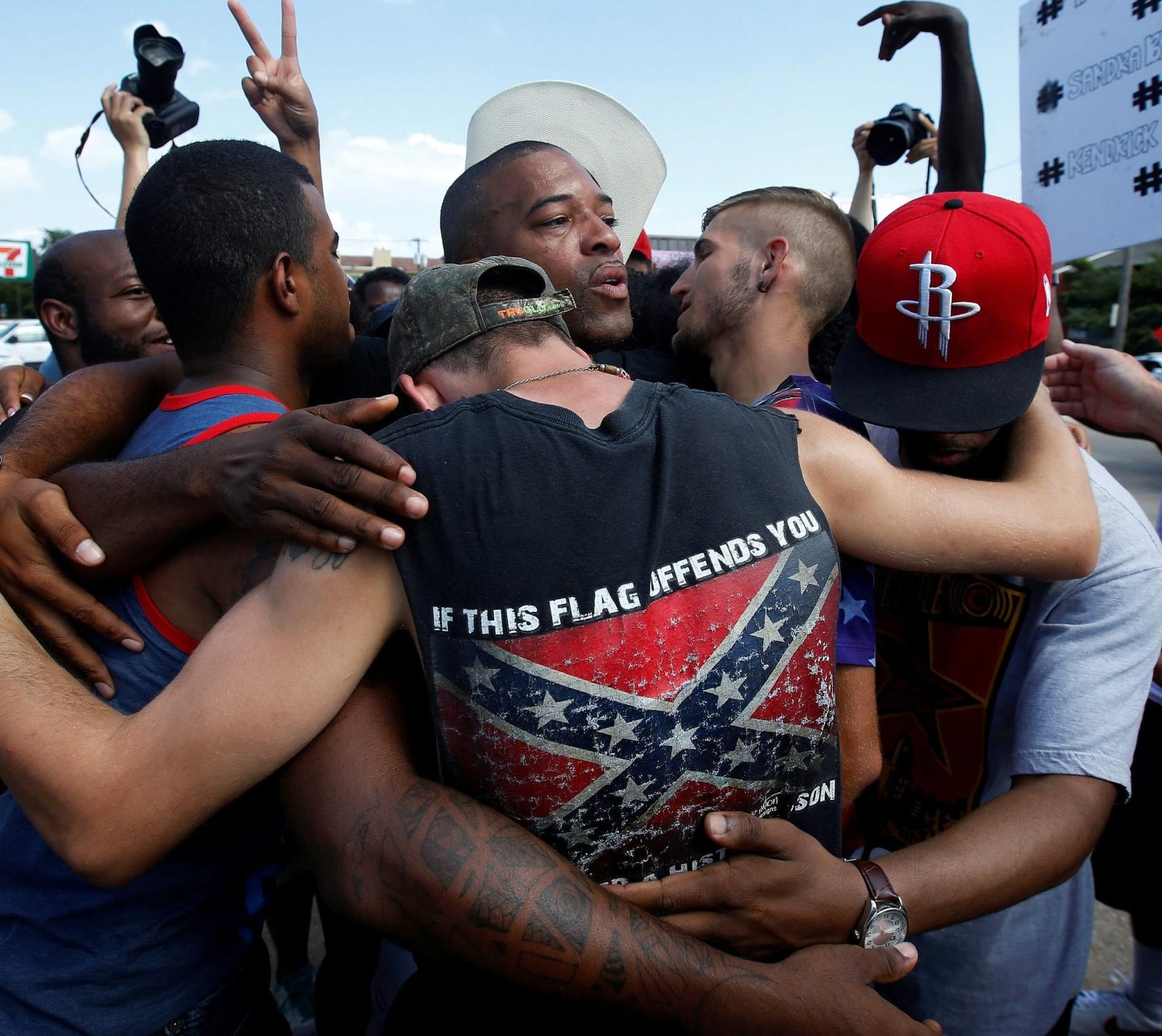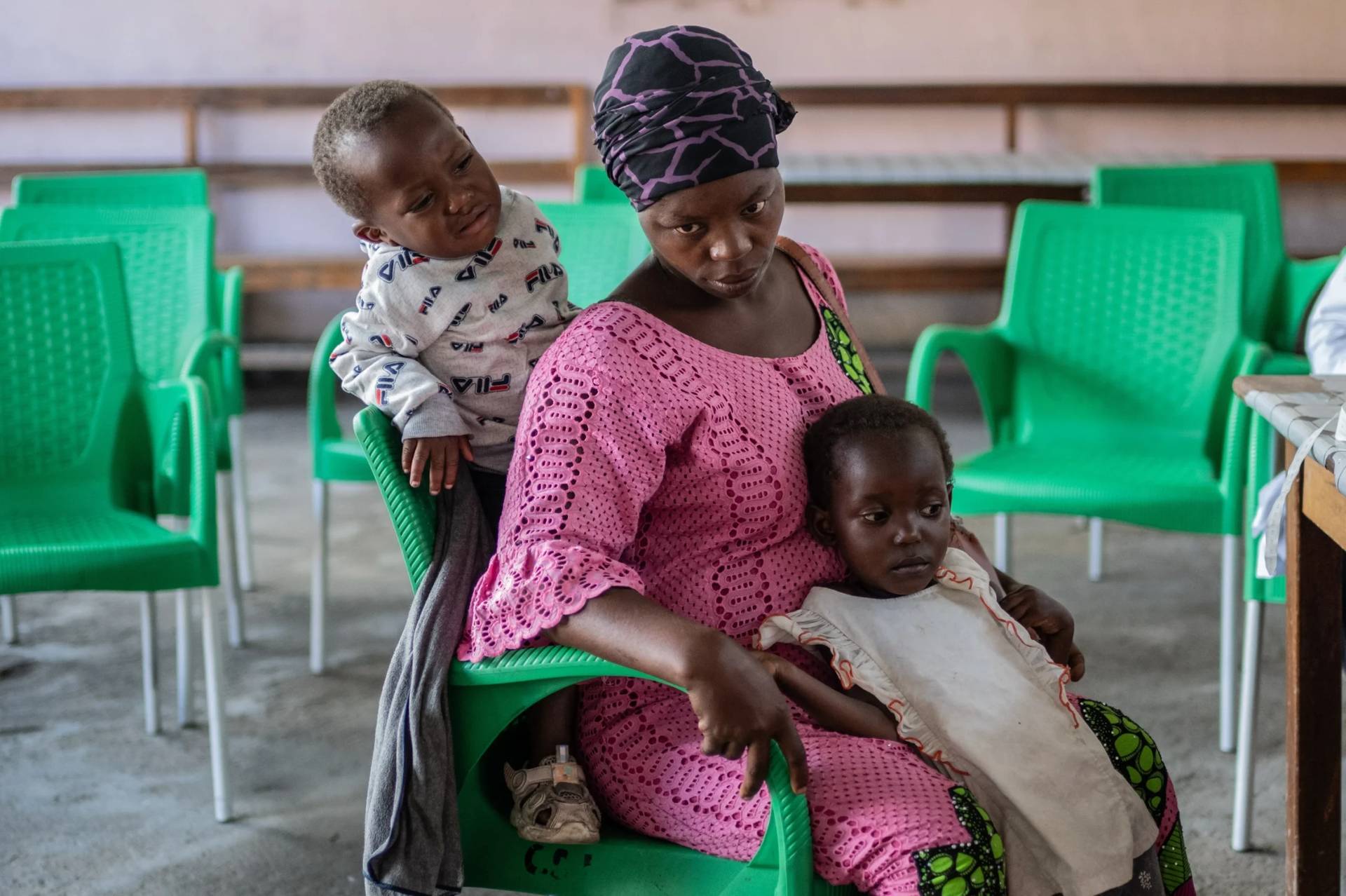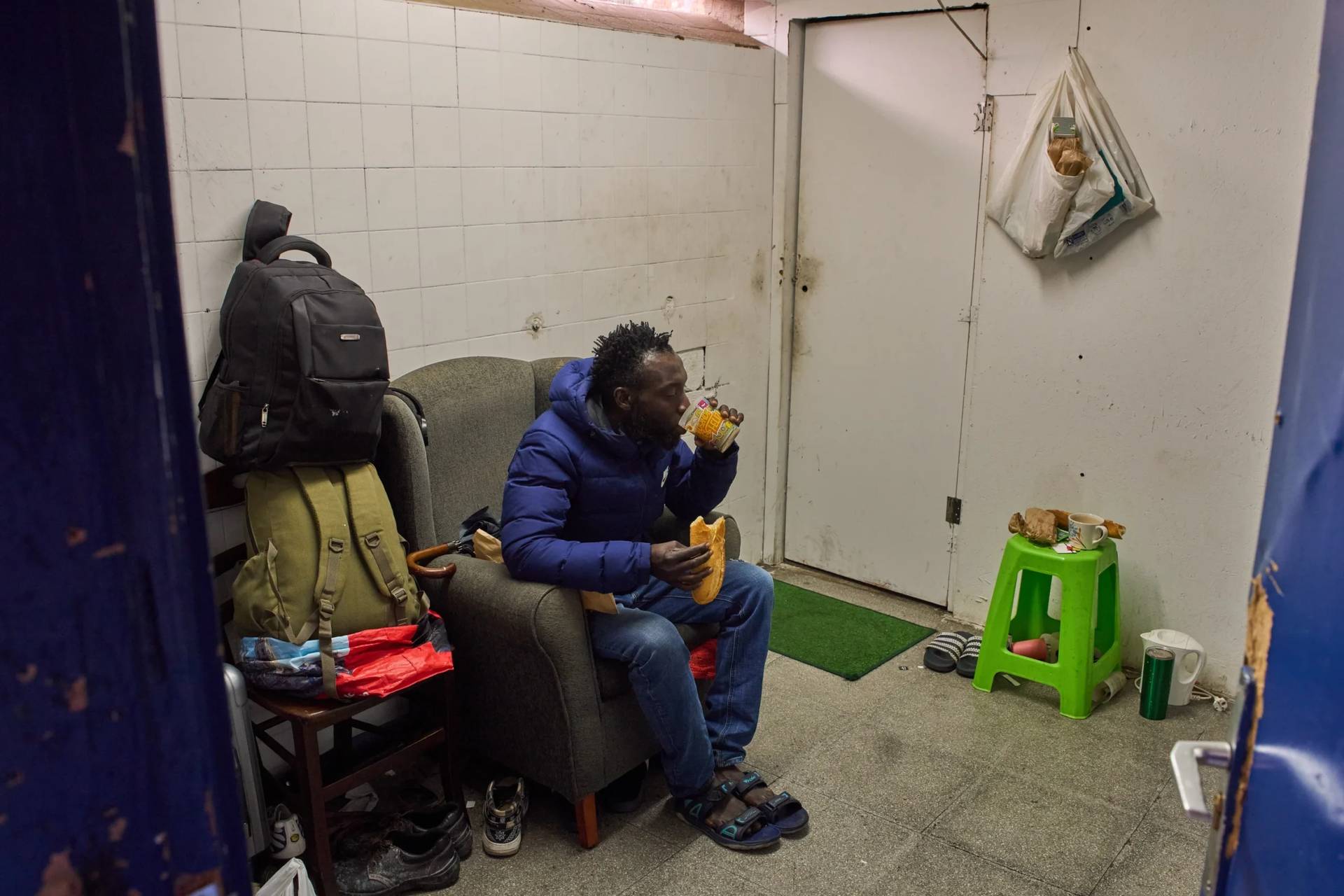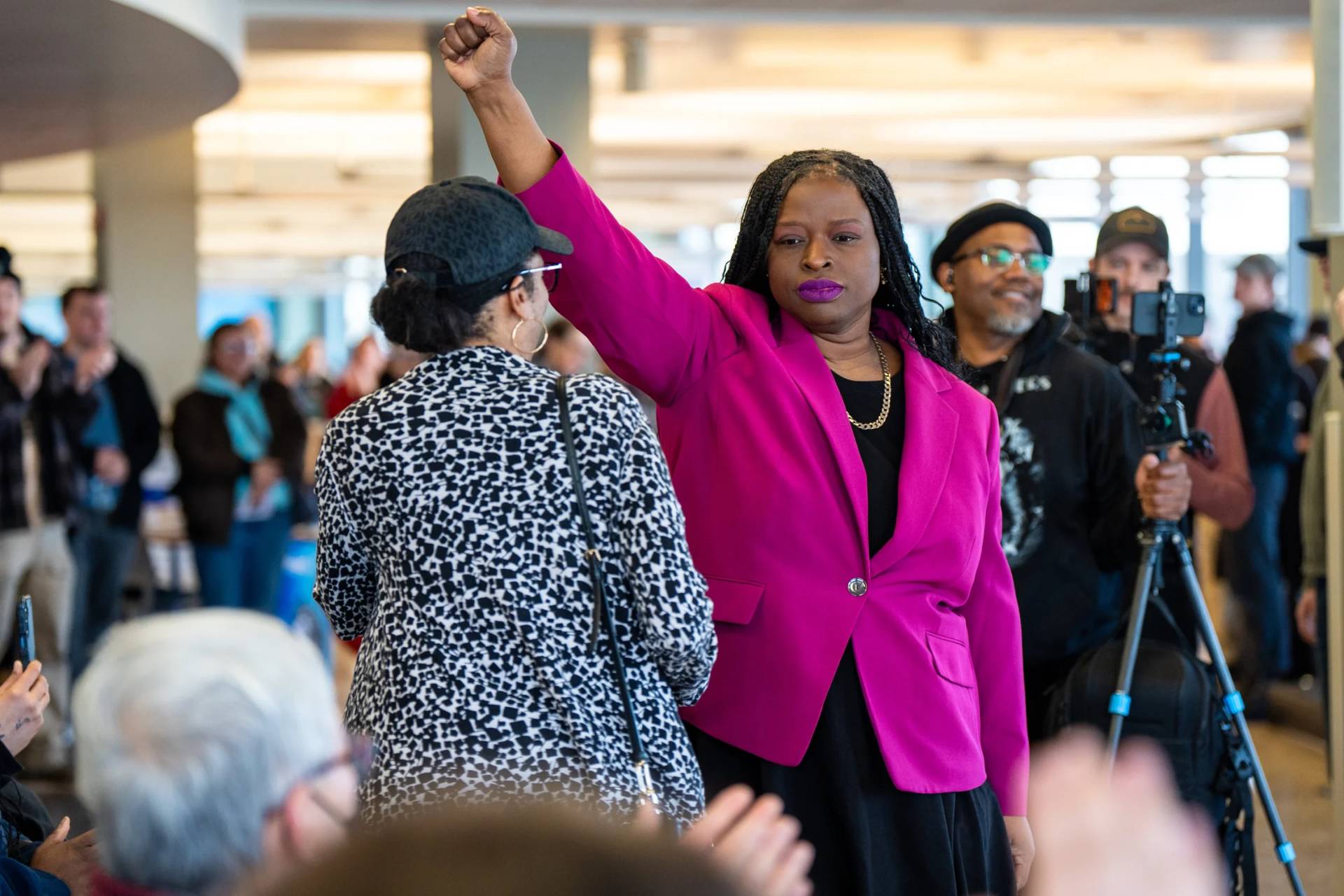“Black lives matter.” No matter their political leanings, no matter their actual association with any protest movement, the college students whom I serve tend to find this slogan moving.
What is the purpose of this short, poignant statement? Certainly it intends to highlight that our society’s structures and systems sometimes treat black lives as if they didn’t matter. And, perhaps most disturbingly, that the mistreatment and even destruction of black life too often proceeds with neither condemnation nor consequence, precisely because the victims are black.
When critics of the phrase reply, “All lives matter,” proponents respond that this critique misses the point. Of course, black lives don’t matter more than other lives, or instead of other lives.
But currently, black lives are sometimes treated as if they mattered less than other lives, and that’s a gross injustice. Hence, the purpose of the rallying cry: to give black lives singular attention and singular mention, because they suffer singular degradation.
If you sympathize with the above depiction, as I certainly do, I now invite you to consider a comparison with an even more controversial cause for human rights: the pro-life movement.
For decades now, those of us who publicly defend the rights and dignity of the pre-born have heard many critiques, including the following: “You care about someone only before they’re born.” “Stop your love affair/fetish/obsession with the fetus.” “Why not dedicate yourself to helping children, the poor, and the homeless?”
All such statements bear a certain resemblance to the “All lives matter” retort.
Of course, many pro-lifers actually do give generously in time and treasure to the poor and other marginalized or oppressed groups, both locally and globally.
Nevertheless, why do we not always seem to speak as frequently and passionately about these other matters of social justice? Why are many of us sometimes even willing to be “single-issue” voters? Why do we devote ourselves whole-heartedly to the pre-born?
For precisely the same reasons that someone holds up the sign, “Black lives matter,” with whole-hearted devotion. Human beings in the womb suffer particular degradation and desecration. Hence for everyone truly committed to social justice, to a preferential option for the oppressed, the pre-born particularly deserve our attention, our commitment, and our public defense.
If you care profoundly about social justice, but remain skeptical of my claim, please perform the following thought experiment: imagine an oppressed or marginalized group for whom you feel the deepest passion and commitment.
Maybe that group is African Americans. Or LGBT youth. Or Syrian refugees. Or the homeless poor. Or victims of sex trafficking. Or the mentally ill. Now imagine if 16 percent — one out of every six — of the individuals in your group were intentionally killed. Imagine they’re not murdered by deranged psychopaths, but instead, systematically killed by respected professionals.
Next, imagine if these killings took place with full legal protection. Worse yet, imagine if this license to kill were enshrined with the trappings of a constitutional right.
Finally, imagine if, in public discourse, proponents defend this “right” in order to advance the supposed flourishing of another traditionally oppressed population. And when you tried to speak up for those being killed, powerful critics accuse you of waging a “war” on that population whose very existence they claim would be threatened unless the killings could continue.
For the pre-born and their advocates, none of this is hypothetical. All of these horrors describe the progression of abortion in our nation since Roe v. Wade. Every year in America, about 4 million babies are born, about 1 million pre-born human beings are intentionally aborted, and about 1 million suffer natural miscarriages.
Those of us who rightly protest the large-scale, for-profit, intentional termination of human life as a tragedy are scolded for undermining “reproductive rights” and waging a “war on women.”
These arguments spuriously set up a false dichotomy by crudely pitting the flourishing of a woman against the flourishing of her child, as if the mother-child relationship is some zero-sum game, when, of course, the exact opposite is true: their destinies, their flourishing, and their well-being are inextricably linked.
(This entire line of opposition to the pro-life cause is analogous to the false choice some folks want to force between “blue lives” vs. “black lives.” In reality, the safety and well-being of police officers is tied up in the safety and well-being of the communities, including the minority communities, they serve.)
Now, in response to this whole comparison, one might respond, “But it isn’t fair or accurate, because the pre-born aren’t really people.” And this response is precisely what makes the pro-life mission more urgent and more difficult than any other: despite the irrefutable humanity of pre-born lives, far too many blithely deny, or worse, ignore this fundamental reality.
When advocates claim, “Black lives matter,” only the most monstrous racist could literally respond, “No, they don’t, because they’re not real people.” Yet, the pro-life community has suffered this blunt, literal dismissal quite often for the past 45 years.
Modern genetics, 21st-century ultrasound technology, the entire new research field of fetal origins – all of this science is discounted in order to classify the pre-born as something less than a human person worthy of protection.
Most tragically, our human family has failed to grasp the wide-reaching and grave consequences of explicitly saying, “Pre-born lives don’t matter,” and of justifying mortal violence against them.
Because if pre-born lives don’t matter, then the claim “All lives matter” is false. And if it’s not true that all lives matter, then why exactly do black lives matter? Why does your life matter? Why does my life matter?
Why, for that matter, does anyone’s life matter?
Father Charles McCoy CSC is an Associate Professor of Mathematics and local superior for the Holy Cross community at the University of Portland in Oregon.













